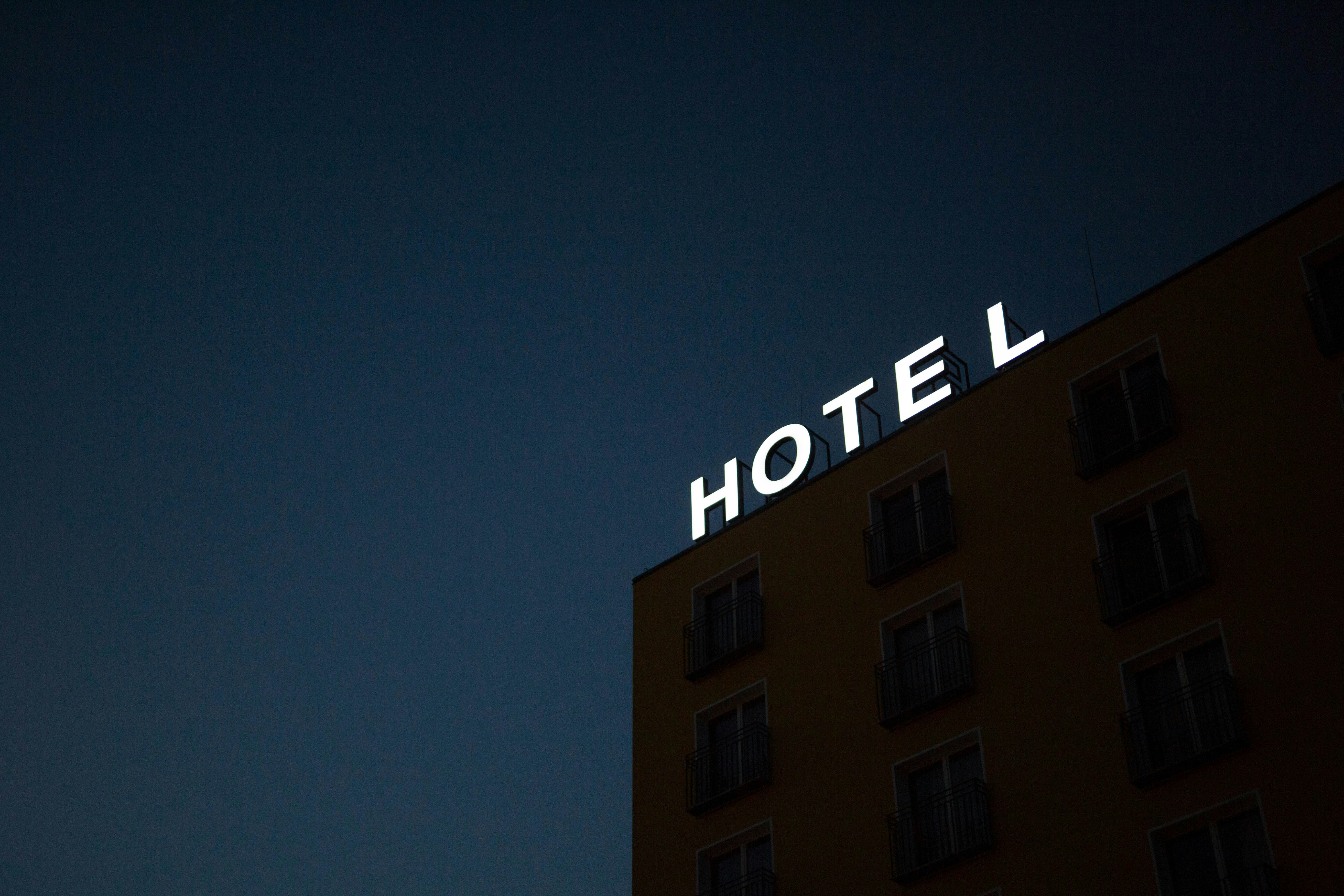Dubai's Hotel Industry: Structure, Requirements, and Working Environment
Dubai's hospitality sector represents a significant segment of the emirate's economy, with various hotel categories ranging from budget accommodations to ultra-luxury establishments. This informational overview examines the structure, qualification frameworks, and typical working conditions within Dubai's hotel industry.

The hotel industry in Dubai constitutes an important economic sector, with various operational areas and departmental structures. This informational article provides general context about Dubai’s hospitality landscape, including common qualification frameworks, typical working environments, and standard regulatory considerations that characterize this industry.
Overview of the Hotel Industry in Dubai
Dubai’s hospitality landscape has evolved considerably over recent decades, developing from modest beginnings into a substantial sector featuring numerous properties across different categories. The city hosts hundreds of hotels spanning various service levels and price points, from budget accommodations to high-end establishments.
The sector includes properties operated by international hospitality companies alongside independent and local brands. This diverse composition creates a complex industry with multiple operational departments and specializations. Tourism development remains a strategic focus in Dubai’s economic planning, with infrastructure and hospitality facilities continuing to expand according to government development frameworks.
Structure of Dubai’s Hospitality Sector
The hospitality industry in Dubai typically organizes operations across several key departments. Front office functions generally encompass reception, concierge, and guest relations areas that handle direct customer interactions. Food and beverage operations commonly include restaurant service, culinary production, and related management functions, with Dubai recognized for its diverse dining establishments.
Housekeeping represents another core operational department in most properties. Administrative functions typically include sales, marketing, human resources, and financial management. Senior administrative positions generally require extensive industry knowledge and relevant educational backgrounds.
The hospitality environment in Dubai operates within a multicultural context with staff from numerous nationalities, creating diverse workplace dynamics. This international setting means hospitality professionals typically work in multilingual environments with varied cultural practices.
Common Qualifications and Skills in Hotel Operations
Educational backgrounds in Dubai’s hospitality sector typically vary according to position levels. Entry-level functions generally require basic education credentials, while supervisory and management roles often expect formal qualifications in hospitality management, tourism, or business administration. Specialized departments may require specific training – culinary positions typically need formal culinary education, while wellness staff usually require relevant technical certifications.
Beyond formal qualifications, certain capabilities are generally valued across most functions. Communication skills are important in customer-service environments, with English proficiency typically expected and additional languages often considered beneficial. Technical knowledge requirements vary by department – property management systems for administrative staff, culinary techniques for kitchen personnel, or business analytics for management functions.
Personal attributes commonly associated with hospitality work include service orientation, cultural awareness, adaptability, and collaborative abilities. The operational nature of hospitality typically requires schedule flexibility and resilience. Professional development through industry-recognized certifications can enhance understanding of standard practices and methodologies.
Typical Working Conditions and Cultural Context
Hospitality operations in Dubai typically function continuously, requiring shift patterns covering 24-hour service provision. Standard industry schedules often involve 48-hour workweeks, though actual arrangements may vary by department and position level. The sector generally observes Friday-Saturday weekends, although operational requirements frequently necessitate rotating schedules including weekends and holidays.
Compensation frameworks in Dubai’s hospitality industry commonly include base remuneration with potential service charge distributions in some properties. Benefit structures may include accommodation provisions, transportation arrangements, duty meals, health coverage, and annual travel allowances, varying according to employer policies and position levels.
Cultural context significantly influences Dubai’s hospitality environment. The emirate follows Islamic traditions, with appropriate dress codes and behavioral expectations. During Ramadan, special operational considerations apply regarding food service, public consumption, and business hours. The multicultural workforce creates diverse communication dynamics that benefit from cultural sensitivity and awareness.
Regulatory Framework for Dubai’s Hotel Industry
Employment in Dubai requires valid documentation sponsored by employers. Standard processes involve formal job arrangements, followed by employer-initiated permit applications and residency documentation. Required materials typically include educational credentials (requiring authentication by relevant authorities), identification documentation, professional references, and sometimes background verification.
Health certification is mandatory for residency, with certain medical conditions potentially affecting eligibility. Labor regulations provide specific frameworks regarding employment contracts, working hours, leave provisions, and end-of-service arrangements, which may differ from standards in other jurisdictions.
Hospitality-specific regulations often include food safety certifications for culinary operations and specialized licenses for certain service categories. Many establishments conduct regular training on local regulations and cultural protocols to ensure regulatory compliance and appropriate guest interactions.
Dubai’s hotel industry represents a significant component of the emirate’s service sector. The working environment typically involves specific operational structures, multicultural teams, and adaptation to local customs. This informational overview provides general context about qualifications, working conditions, and regulatory frameworks that characterize this industry sector.




